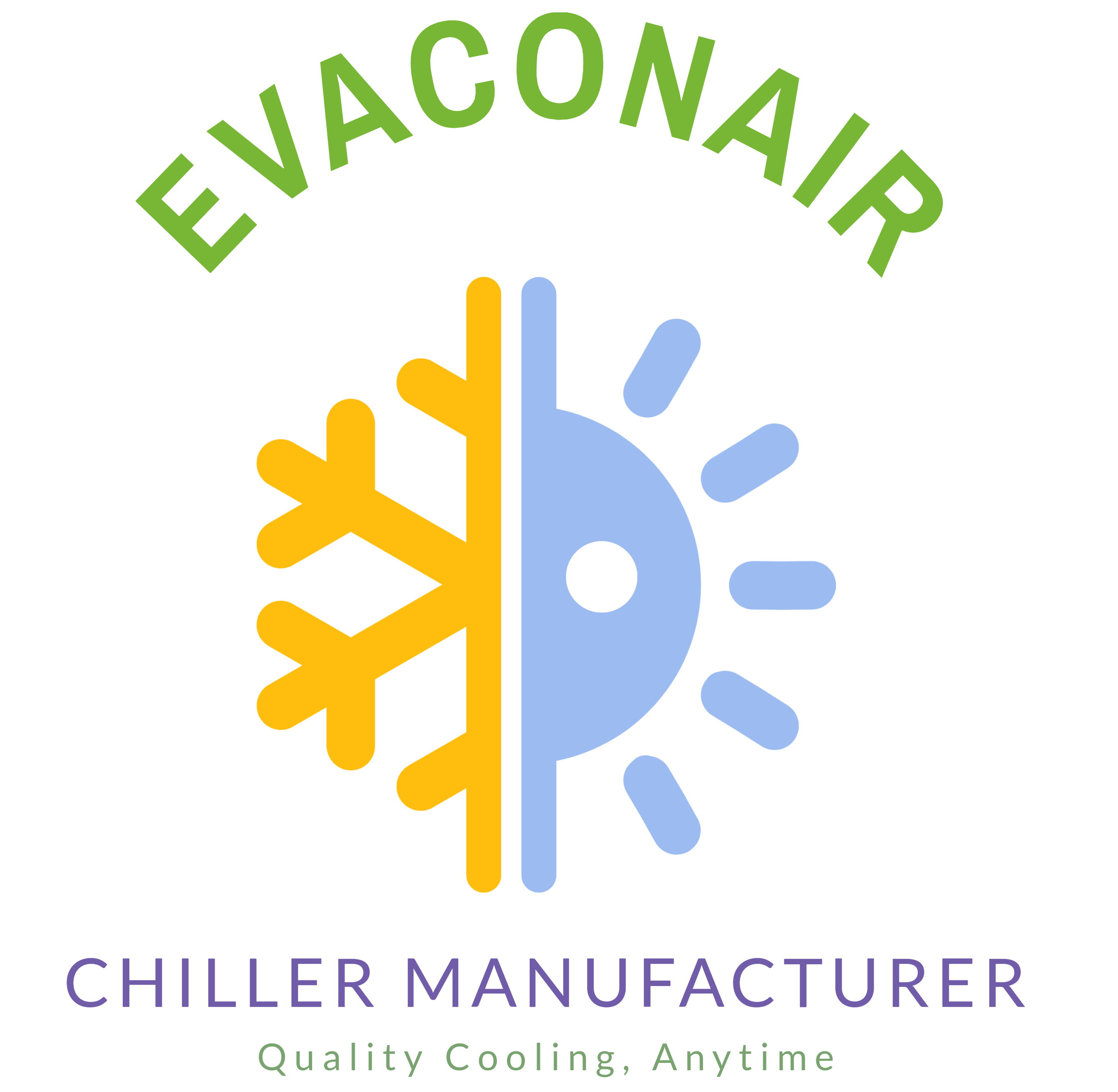Blog
What is Chiller PPM?
PPM in the context of a chiller typically stands for Planned Preventive Maintenance. This refers to the scheduled maintenance activities carried out on chiller systems to ensure they operate efficiently, safely, and reliably. Regular PPM helps prevent unexpected breakdowns, extend the life of the chiller, and maintain optimal performance.
Importance of Planned Preventive Maintenance (PPM) in Chillers
1. Ensures Reliable Operation
- Regular Inspections: PPM involves routine inspections of critical components such as compressors, evaporators, and condensers. For instance, in systems like the Air-Cooled Water Chiller or Water Cooled Water Chiller, regular checks ensure that all parts are functioning properly and are free from wear and tear.
- Avoids Unexpected Downtime: By identifying potential issues before they cause a breakdown, PPM reduces the risk of unexpected downtime, which can be costly in industrial and commercial settings.
2. Maintains Energy Efficiency
- Cleaning and Calibration: Regular cleaning of components like heat exchangers and recalibration of controls are essential parts of PPM. This ensures that the chiller operates at peak efficiency, consuming less energy. For example, in a Water Cooled Screw Chiller, removing scale buildup from the condenser tubes during PPM can significantly improve efficiency.
- Optimal Refrigerant Levels: PPM includes checking and adjusting refrigerant levels to ensure the chiller operates efficiently. Low refrigerant levels can lead to higher energy consumption and reduced cooling capacity.
3. Prolongs Equipment Life
- Component Replacement: PPM schedules include the timely replacement of worn-out parts, such as filters, belts, and seals, which can prevent major failures. This is crucial for maintaining the longevity of equipment like Air Cooled Screw Chillers.
- Lubrication and Adjustment: Regular lubrication of moving parts and adjustments to ensure proper alignment and tension help extend the life of the chiller’s components.
4. Safety Compliance
- Ensures Safe Operation: PPM helps in ensuring that the chiller operates safely by inspecting and maintaining safety devices such as pressure relief valves and temperature controls. This is particularly important in systems that handle high pressures and temperatures, like those found in Water Cooled Screw Chillers.
- Compliance with Regulations: Regular maintenance helps ensure that the chiller plant complies with safety and environmental regulations, avoiding penalties and ensuring a safe working environment.
Key Components of Chiller PPM
- Compressor Maintenance
- Check for oil levels, leaks, and proper operation.
- Inspect and clean the compressor motor and electrical connections.
- Evaporator and Condenser Maintenance
- Clean evaporator and condenser coils to remove dirt and scale.
- Inspect the tubes and connections for signs of corrosion or damage.
- Refrigerant Management
- Check refrigerant levels and refill if necessary.
- Inspect for refrigerant leaks and repair them promptly.
- Control System Check
- Test all control panels and sensors to ensure accurate readings.
- Update software or firmware as needed for optimal performance.
- Auxiliary Equipment Maintenance
- Regularly service auxiliary equipment such as Hot Air Dryers, Vacuum Hopper Loaders, and Dehumidifiers to ensure they work seamlessly with the chiller system.
Conclusion
Chiller PPM (Planned Preventive Maintenance) is essential for maintaining the efficiency, safety, and longevity of chiller systems. By following a regular maintenance schedule, facility managers can prevent unexpected breakdowns, reduce energy consumption, and ensure that equipment like Air-Cooled Water Chillers in Ahmedabad or Water Cooled Screw Chillers in Ahmedabad operates at peak performance. For more detailed information on chiller maintenance and other services, visit our products page.
